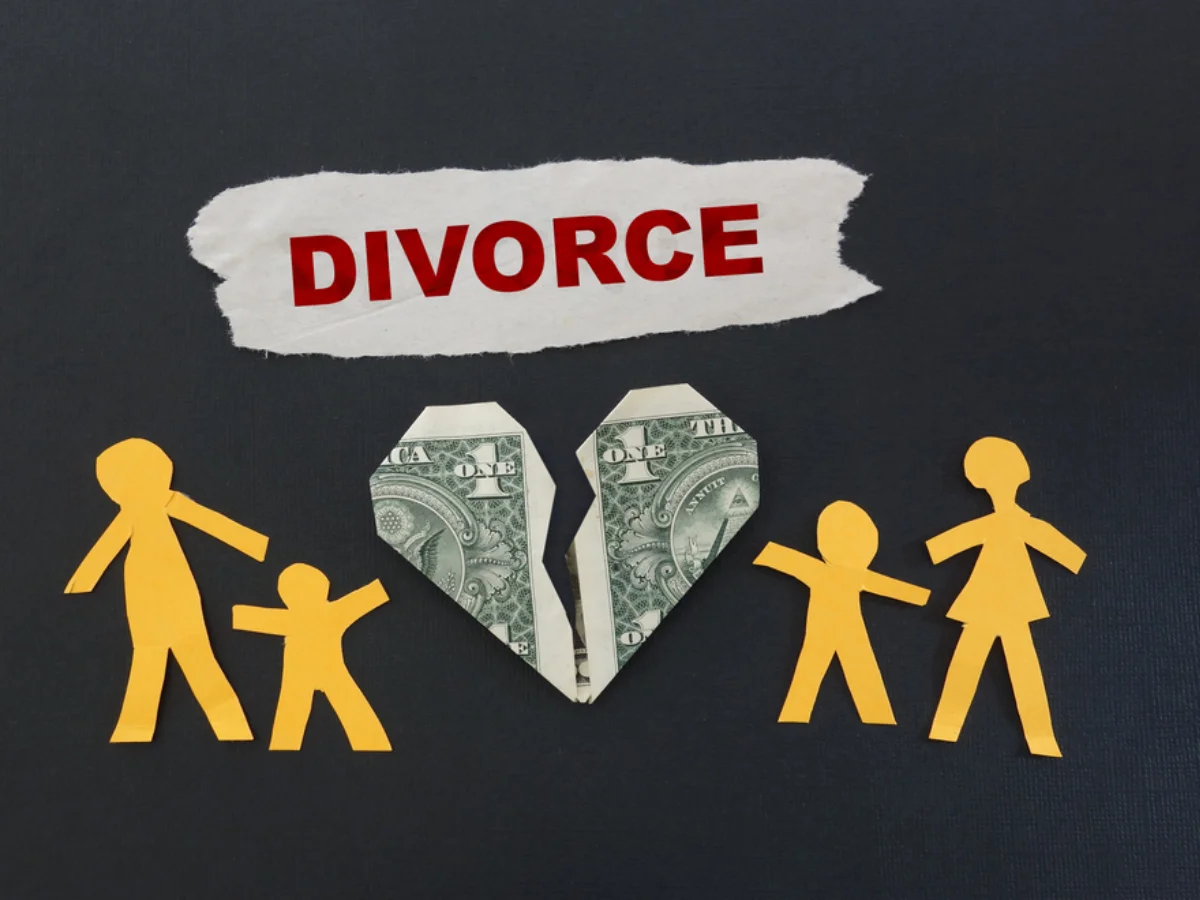1. Introduction
Divorce is a significant life event that affects individuals and families profoundly. In the Philippines, where divorce was legalized relatively recently, it’s essential to understand the disadvantages associated with this legal process. This article explores the disadvantages of divorce in the Philippines and its various aspects.
2. The Legal Context of Divorce in the Philippines
Divorce in the Philippines was legalized in 2019, marking a significant change in family law. Before that, the Philippines was one of the last countries to prohibit divorce.
3. Disadvantages of Divorce in the Philippines
Divorce, while providing an exit from an unhappy marriage, brings several disadvantages. It’s important to be aware of these before pursuing the process.
4. Emotional and Psychological Impact
Divorce often results in emotional turmoil for both spouses. The process can be emotionally draining, leading to feelings of grief, anger, and depression.
5. Impact on Children
One of the most significant disadvantages of divorce is its impact on children. They may experience emotional distress, confusion, and a sense of loss.
6. Financial Implications
Divorce can lead to significant financial changes. Couples may need to divide assets, and one spouse may be required to provide financial support, affecting both parties’ financial stability.
7. Social Stigma and Family Pressure
In the Philippines, there is still a considerable social stigma attached to divorce. Family and societal pressure can add to the stress of the divorce process.
8. Legal and Administrative Challenges
Divorce involves legal and administrative procedures that can be complex and time-consuming. This can be a significant disadvantage, particularly for those who are not well-versed in legal matters.
9. Alternatives to Divorce
Exploring alternatives to divorce, such as legal separation or counseling, can help couples navigate their issues without the disadvantages associated with divorce.
10. The Importance of Legal Guidance
Seeking legal advice and representation is crucial when pursuing divorce in the Philippines. A skilled attorney can help individuals understand their rights and responsibilities.
11. Coping with Divorce
Coping with divorce is a significant challenge. It’s important to have a support system, including friends, family, or a therapist, to help individuals through this difficult period.
12. Conclusion
In conclusion, divorce in the Philippines comes with a set of disadvantages that individuals should be aware of before proceeding. It’s a life-changing decision that impacts emotions, finances, and family dynamics. Seeking legal guidance and emotional support is crucial in navigating the disadvantages associated with divorce.
FAQs
1. How long does the divorce process take in the Philippines?
The duration of the divorce process in the Philippines can vary, but it generally takes several months to complete.
2. Are there any alternatives to divorce in the Philippines?
Yes, alternatives such as legal separation and counseling can be explored as alternatives to divorce.
3. What are the emotional impacts of divorce?
Divorce can result in emotions like grief, anger, and depression, affecting the mental well-being of both spouses.
4. How does divorce affect children in the Philippines?
Divorce can have a significant impact on children, leading to emotional distress, confusion, and a sense of loss.
5. Is it essential to seek legal advice when considering divorce in the Philippines?
Yes, seeking legal advice is crucial to understand the legal aspects and implications of divorce in the Philippines.
Read More: https://courtsandchildren.org/
Is a Handwritten Custody Agreement Legal?
What Does Sole Legal and Physical Custody Mean?
What Is the Difference Between Legal and Physical Custody?
Is a Notarized Document Legal for Child Custody?
What’s the Difference Between Legal Separation and Divorce?
Does Legal Aid Help with Divorce in Texas?
Contents
- 1 1. Introduction
- 1.1 2. The Legal Context of Divorce in the Philippines
- 1.2 3. Disadvantages of Divorce in the Philippines
- 1.3 4. Emotional and Psychological Impact
- 1.4 5. Impact on Children
- 1.5 6. Financial Implications
- 1.6 7. Social Stigma and Family Pressure
- 1.7 8. Legal and Administrative Challenges
- 1.8 9. Alternatives to Divorce
- 1.9 10. The Importance of Legal Guidance
- 1.10 11. Coping with Divorce
- 1.11 12. Conclusion
- 1.12 FAQs
- 1.12.1 1. How long does the divorce process take in the Philippines?
- 1.12.2 2. Are there any alternatives to divorce in the Philippines?
- 1.12.3 3. What are the emotional impacts of divorce?
- 1.12.4 4. How does divorce affect children in the Philippines?
- 1.12.5 5. Is it essential to seek legal advice when considering divorce in the Philippines?























